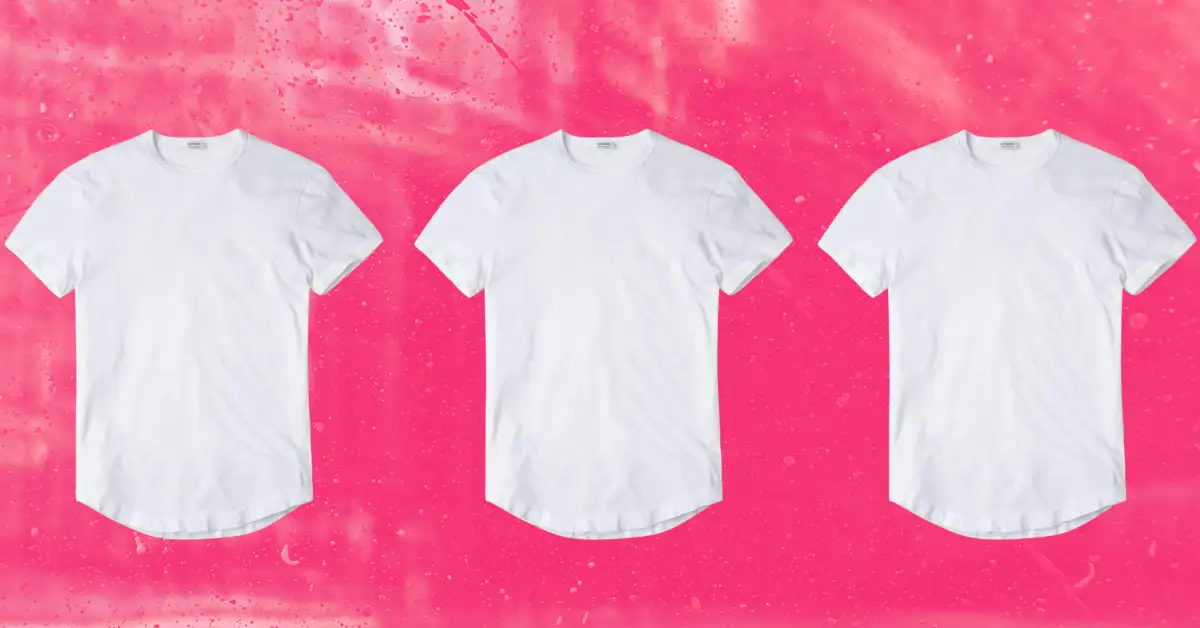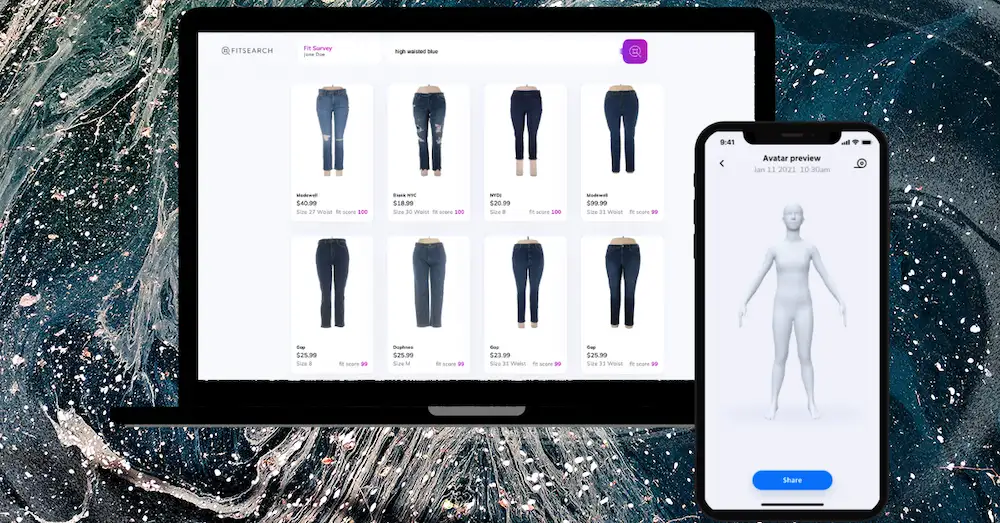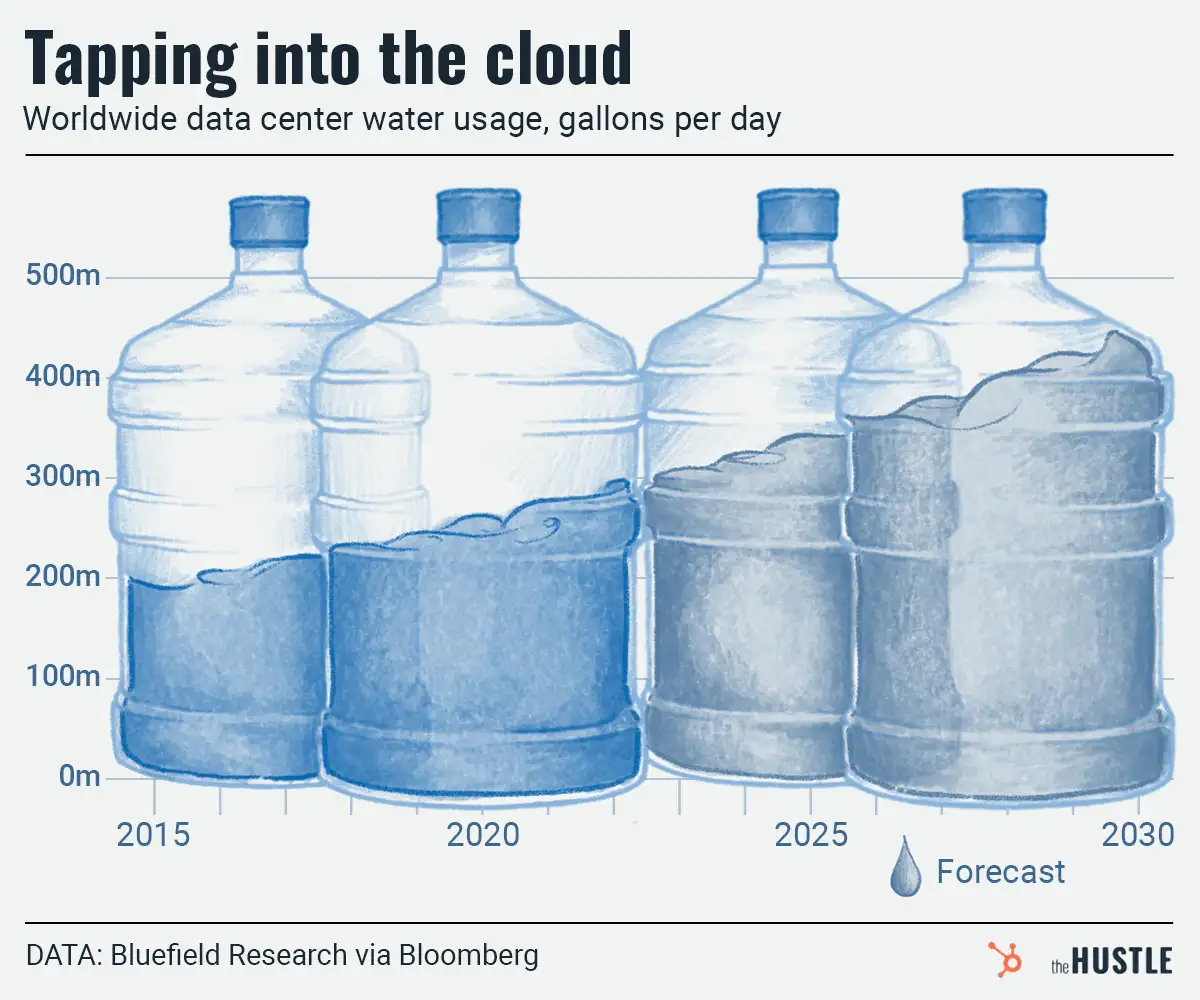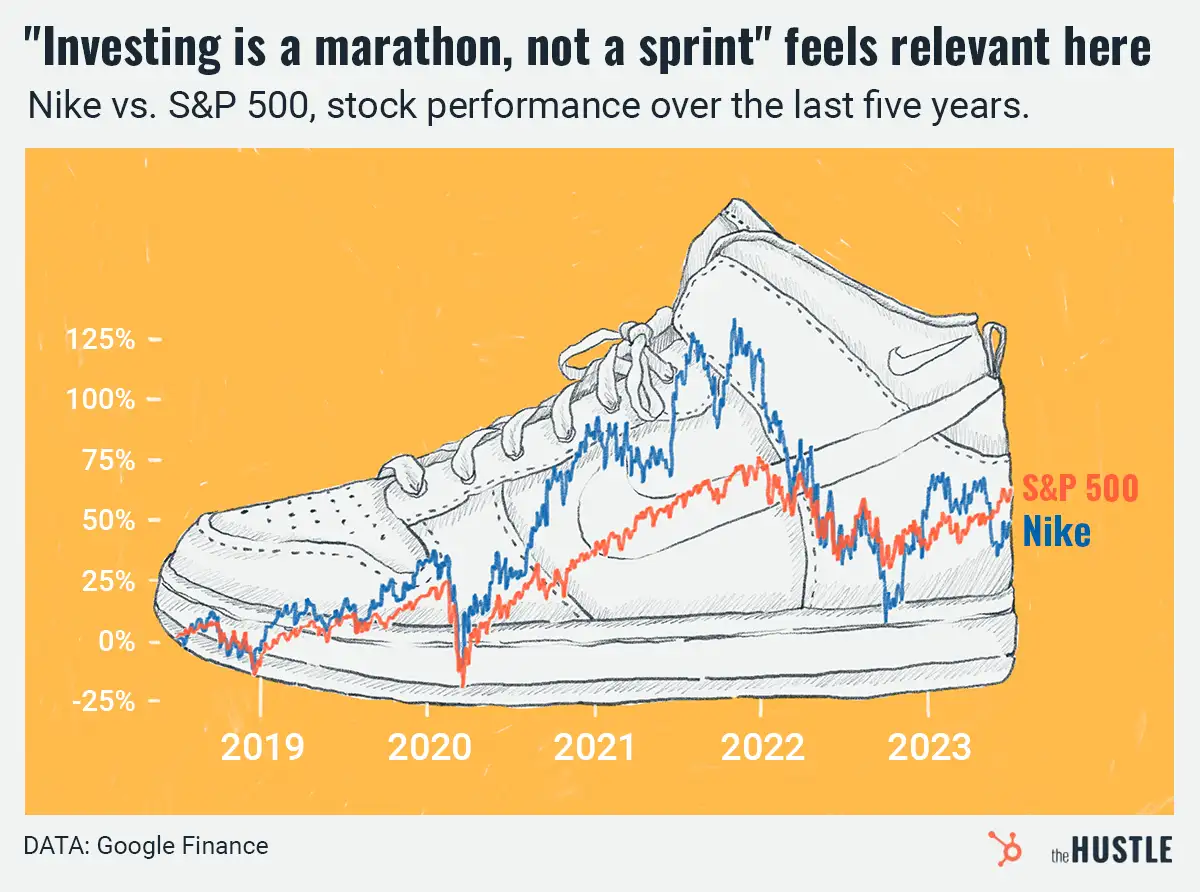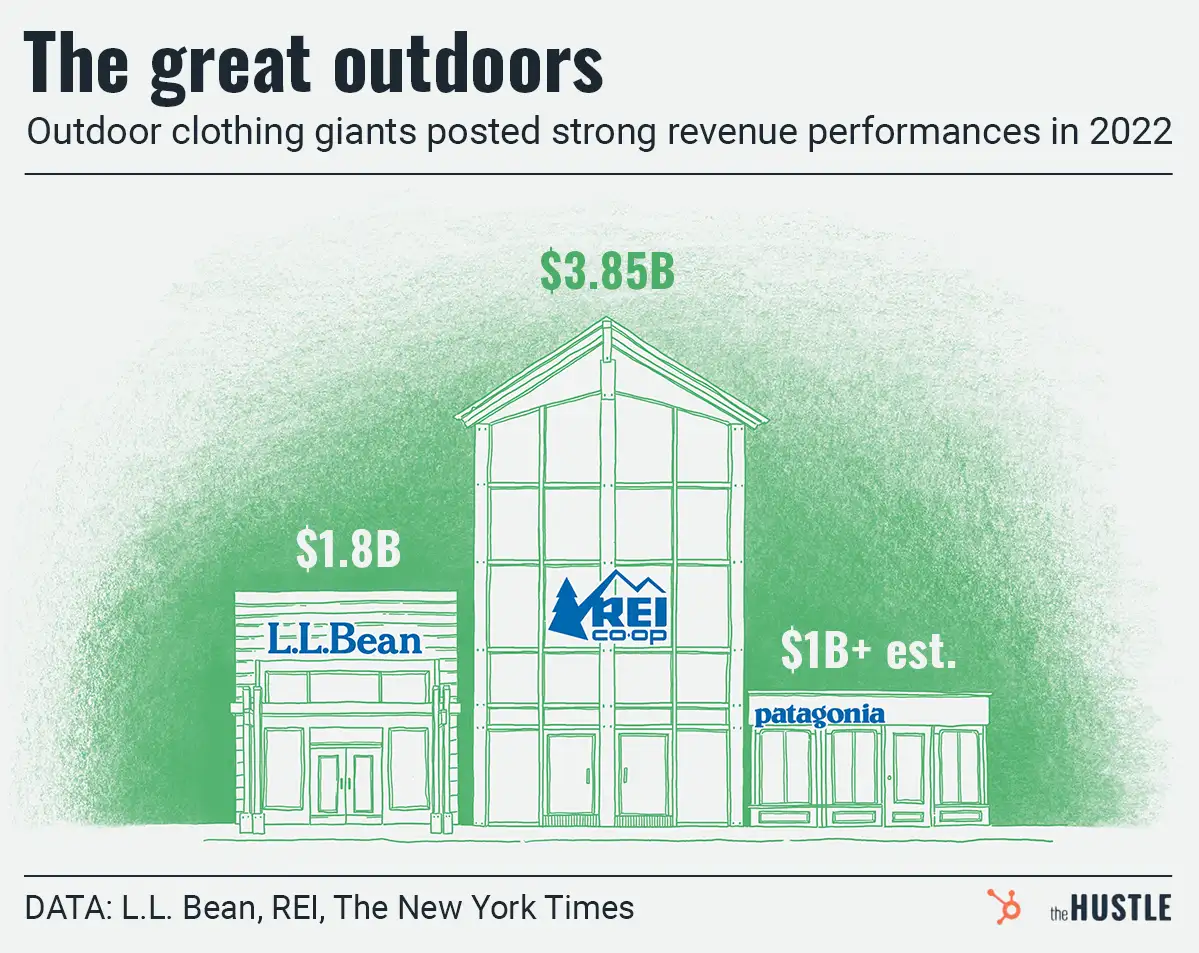For the first time in its corporate history, outdoor retailer Patagonia endorsed 2 Senate candidates. The move is unusually political for a for-profit company, but it’s also very ‘on brand.’
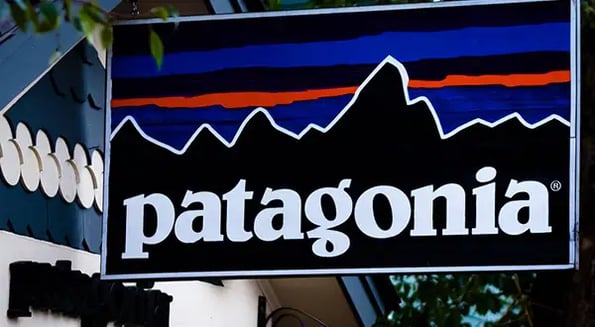
As social media makes the payoff of ‘morality marketing’ more immediate, other companies like Nike and REI are also starting to mix business and politics for those sweet, sweet retweets.
Turning politics into PR
Patagonia doesn’t just make vests — it also has a mission to “use business to inspire and implement solutions to the environmental crisis.”
But environmental activism isn’t just Patagonia’s corporate tagline — it’s the public cornerstone of the company’s brand marketing. So far it’s worked: Patagonia has the highest customer loyalty of any major outdoor retailer.
Inspired by surveys that show 91% of millennials would switch over to a brand associated with a cause, many other brands are starting to mimic Patagonia’s ‘politics-as-PR’ playbook.
It’s hard to fit ethics into a spreadsheet
The problem with surveys is that just because consumers say they will do something doesn’t mean they will actually do it — and for retailers, consumers’ actions speak louder than their words.
For companies like Patagonia with well-defined, politically homogeneous customer bases, political marketing campaigns have big upsides and small downsides. But other companies like Nike or Coca-Cola that have larger, more politically diverse customer bases are taking a larger risk.
Nike’s controversial Kaepernick ad attracted 170k new Instagram followers and spiked sales, but since some customers could boycott the company over the long term because of its politics, it is hard to know whether the short-term benefits outweigh the long-term costs.




